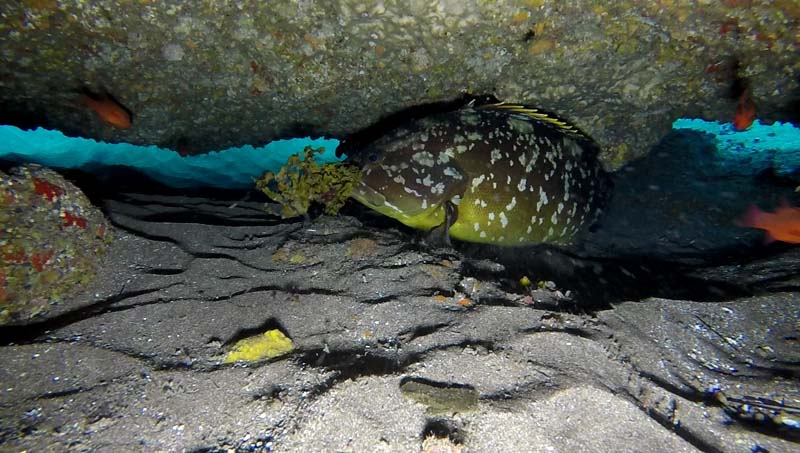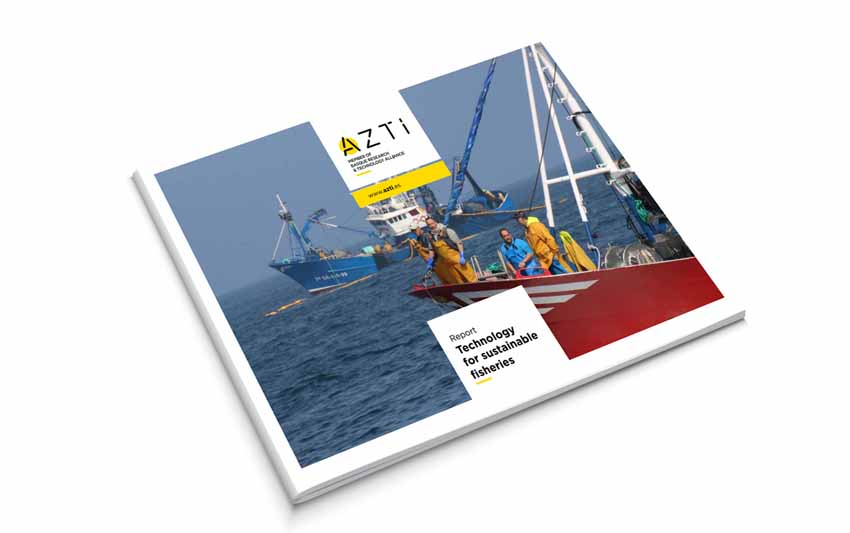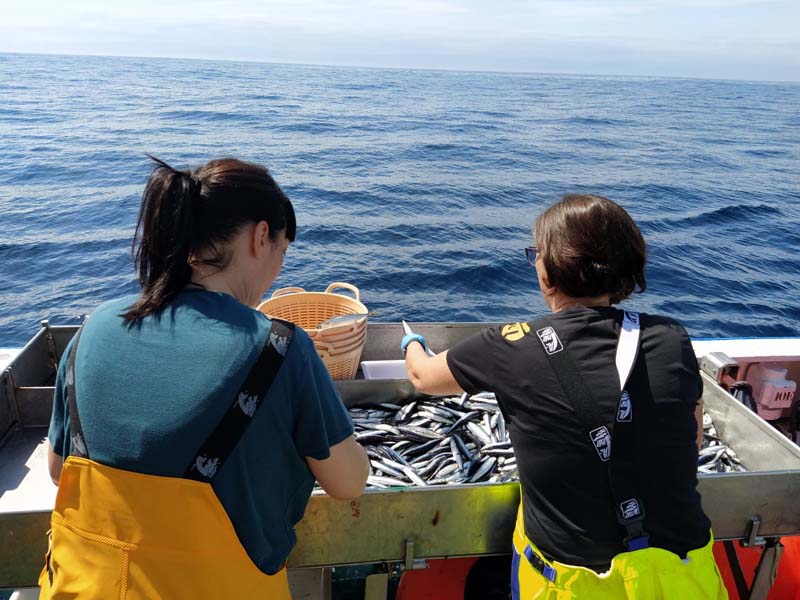The relevance of marine genetics for understanding the evolution and conservation of the oceans
Últimas noticias
Una mirada LGTBIQ+ al reino animal
Circular Economy in Action: Valorisation of By-products through Projects like PRIMA NEWFEED
Strategic Perspectives: Highlights from the Food4Future World Summit for Business Leaders
Naiara Rodriguez Ezpeleta. Marine genetics expert at AZTI
Marine genetics is a window to understanding the evolution of life on our planet. It not only provides essential information on the biodiversity and evolution of marine species, but also helps us to understand environmental changes and predict their impact. Marine genetics research has gained significant momentum thanks to technological advances that make it possible to analyse environmental DNA in seawater and the genomes of non-model organisms such as fish, offering a broader perspective on life in the oceans.
Índice de contenidos
Marine genetics: an ocean full of data
The study of marine genetics is key to cataloguing marine life, understanding changes in the oceans and taking conservation actions. One of the approaches that is revolutionising the field of marine genetics is the study of environmental DNA. The ocean is full of microscopic organisms such as bacteria and phytoplankton, as well as remains of larger organisms such as fish and marine mammals. By collecting and analysing DNA from water samples, scientists can identify which species live in particular areas and how they are distributed over time and space, without having to see or sample them.
The process begins with the collection of seawater, followed by a filtration process to extract the DNA. This genetic material is then analysed to determine the presence of specific species or to catalogue the biodiversity in a given area. This analysis depends on the completeness of genetic databases, so that a species can be assigned to a DNA sequence found in the samples.
One of the major challenges in this field is the identification of unknown genetic sequences, which may indicate the presence of species not yet catalogued. This discovery opens up new questions and opportunities to explore poorly known marine areas, contributing to marine conservation.

The fish genome: key to understanding the past and predicting the future of the oceans
The study of fish genetics has many applications, from understanding evolution and cataloguing diversity to assessing the health of marine ecosystems. At AZTI, we focus on understanding the connectivity between fish populations and their resilience, i.e. their ability to adapt to environmental change, both of which are essential for the conservation and sustainable management of marine resources.
The study of fish genetics provides information to understand the connectivity between fish groups, which is essential for the correct assessment of fishery resources and to improve the conservation of biodiversity. In addition, by studying genetic variability within a species, it is possible to identify patterns of migration, reproduction and adaptation to environmental change.
Our studies have also revealed the presence of hybrids between species, such as between black and white monkfish, raising questions about species conservation and genetic adaptation. This phenomenon suggests a more complex genetic interaction than previously understood, opening up new avenues for evolutionary research.







